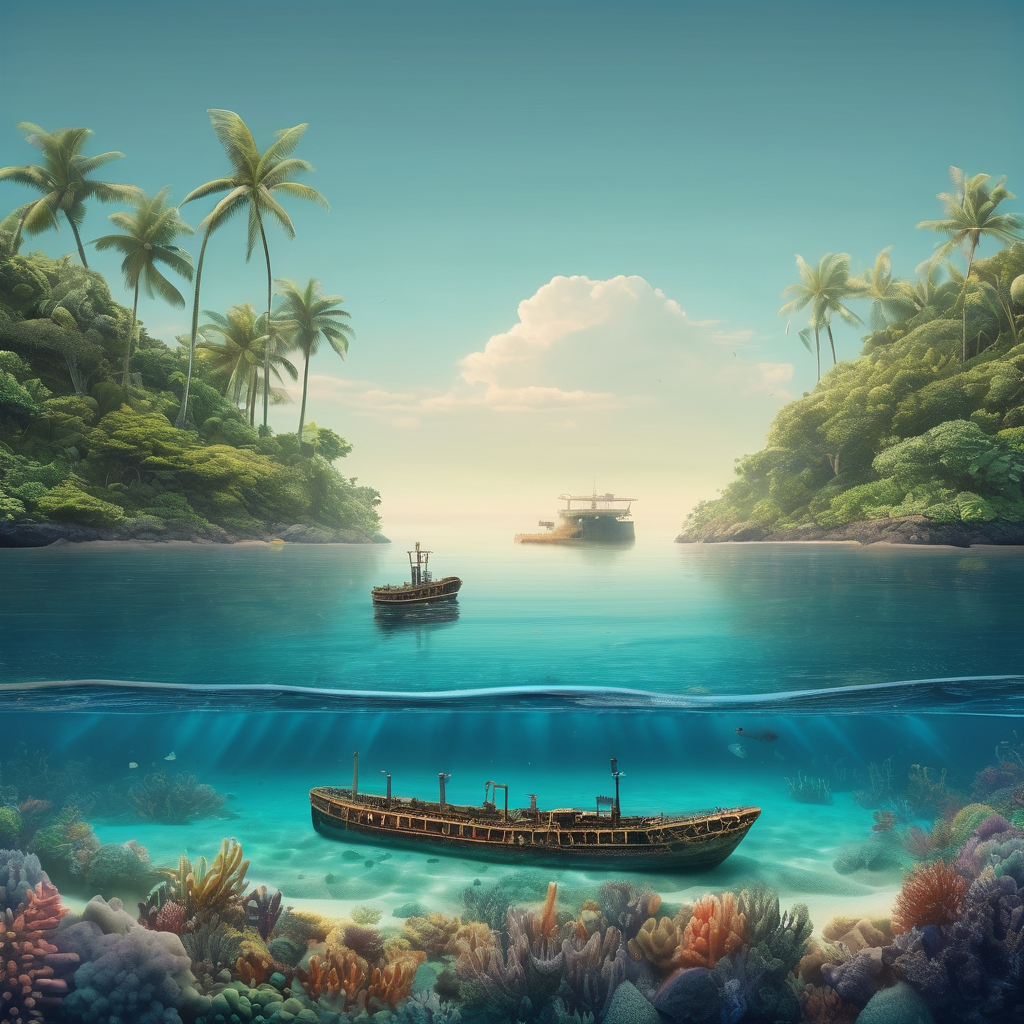Militarization has emerged as a significant environmental threat facing the Pacific region, according to advocates for peace from the region. Maureen Penjueli, former Coordinator of the Pacific Network on Globalisation and a member of the regional feminist alliance DAWN, highlighted the extent of militarization affecting the Pacific’s oceans, pointing to the direct connections between military operations and critical mineral extraction.
Penjueli specifically noted the increasing presence of nuclear-powered submarines operating under the AUKUS defense pact between the United States, the United Kingdom, and Australia. She cited that since August, at least six nuclear submarine visits have been made to the Pacific, with uncertainties surrounding whether these vessels are armed with nuclear weapons, thereby driving concerns among regional populations. The recent decision by the U.S. to resume nuclear weapons testing after a three-decade pause has further fueled anxiety, indicating a trend towards rearmament and the potential for nuclear conflict.
Moreover, Penjueli pointed out that disaster response and climate initiatives are increasingly being integrated into military strategies, warning that humanitarian aid efforts are becoming militarized without legal frameworks or proper consent from regional governments. This reflects a disturbing trend where military involvement crosses into essential humanitarian work.
Researcher Ma’ia’i Tau echoed Penjueli’s concerns, emphasizing the parallels between militarization and a growing interest in deep-sea mining across the Pacific, driven by the hunt for critical minerals. He referred to recent discussions held by the International Seabed Authority (ISA) to finalize a long-awaited mining code, noting the contentious nature of certain clauses related to environmental regulations and underwater cultural heritage. With some Pacific nations supporting exploration while others advocate for a moratorium on such practices, the region remains divided. Notably, forty nations, including eight from the Pacific, have called for a global pause on seabed mining until concrete evidence assures its safety for fragile marine ecosystems.
While facing pressures from industrial powers pushing for mining, regional advocates stress the importance of a cohesive and sustainable approach to resource management. Tau criticized the growing U.S. involvement in deep-sea resource extraction, particularly following President Trump’s executive order aimed at increasing offshore mining, which he warns could jeopardize multilateral efforts to protect marine environments.
Pacific activists see 2025 as a crucial year for determining the region’s identity as a “zone of peace.” They emphasize that the interconnectedness of militarization, resource exploitation, and climate policy has the potential to reshape ocean governance, calling for restraint from major powers to safeguard the future of their communities. The hope remains that with renewed advocacy and collaboration, Pacific nations can redefine their developmental narratives, embrace sustainability, and protect their rich cultural heritage against external pressures. By prioritizing ecological health alongside economic opportunities, there is a pathway towards a resilient future for the Pacific Islands.
